GSA 2017 Technical Session Announcement: Natural history museums in the 21st century
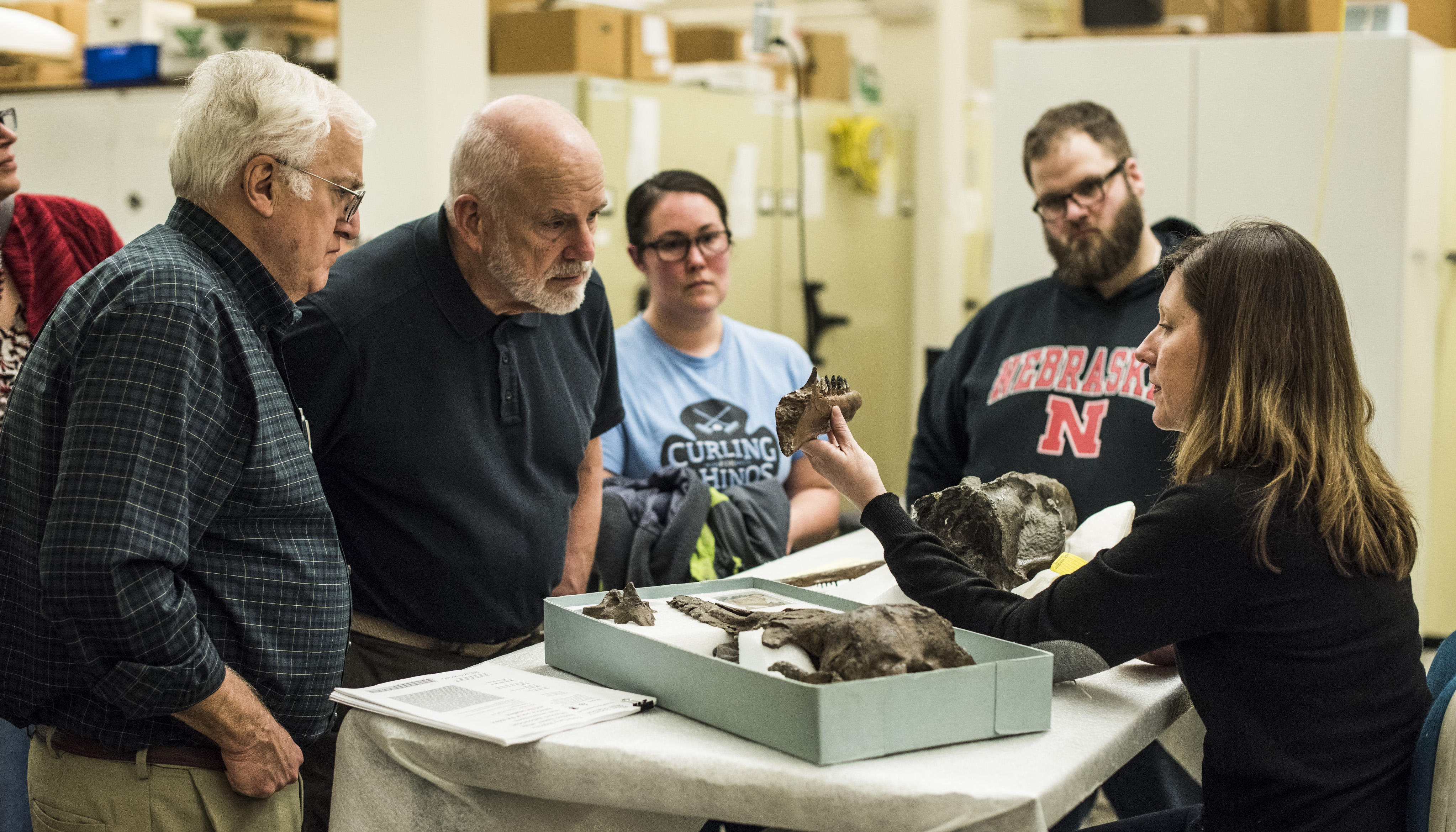
Photo: Andrew Waits
Natural history museums in the 21st century - programming for the future while preserving the past
Co-conveners:

Photo: Andrew Waits
Co-conveners:
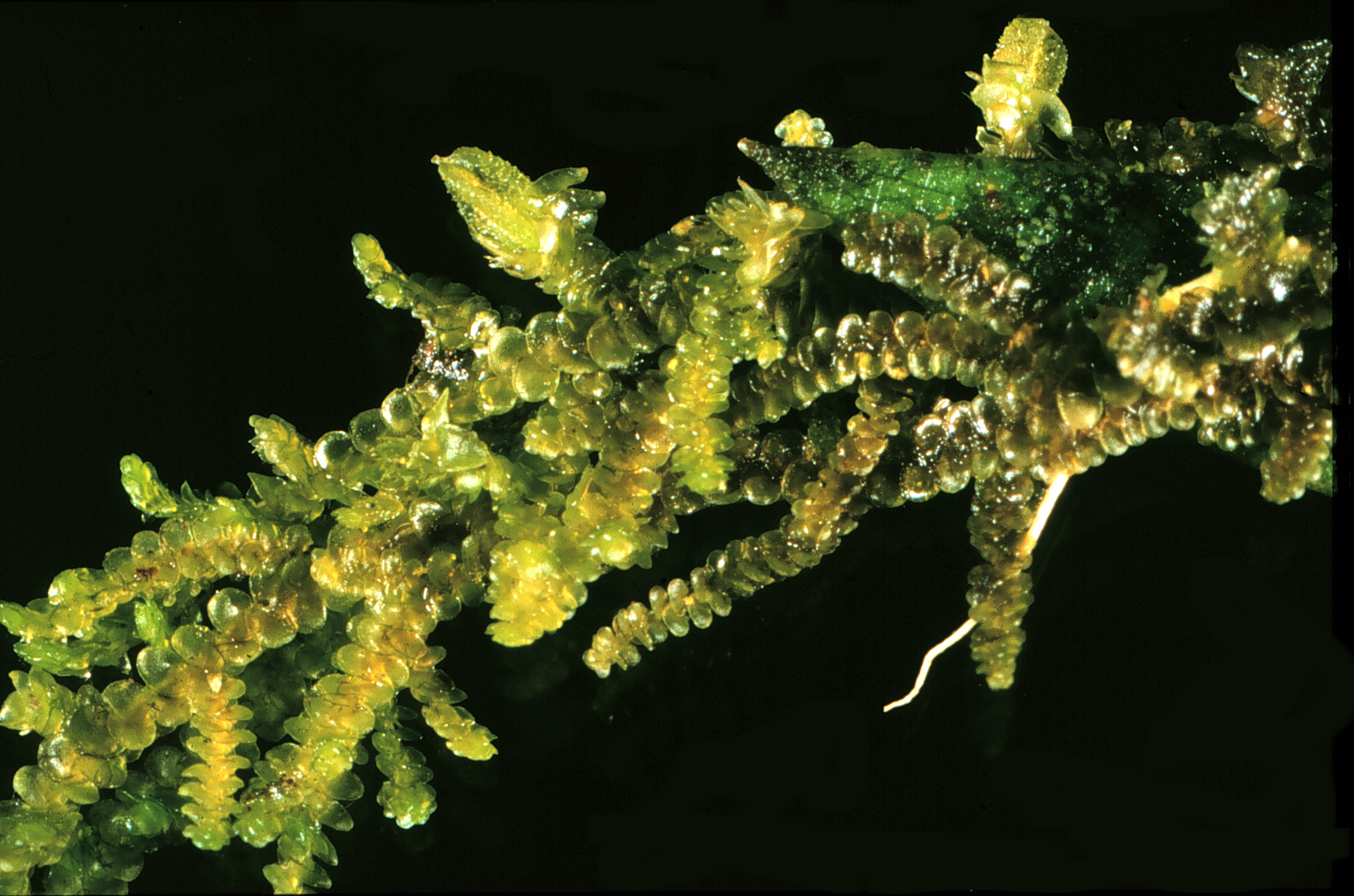
Photo Courtesy of Matt von Konrat
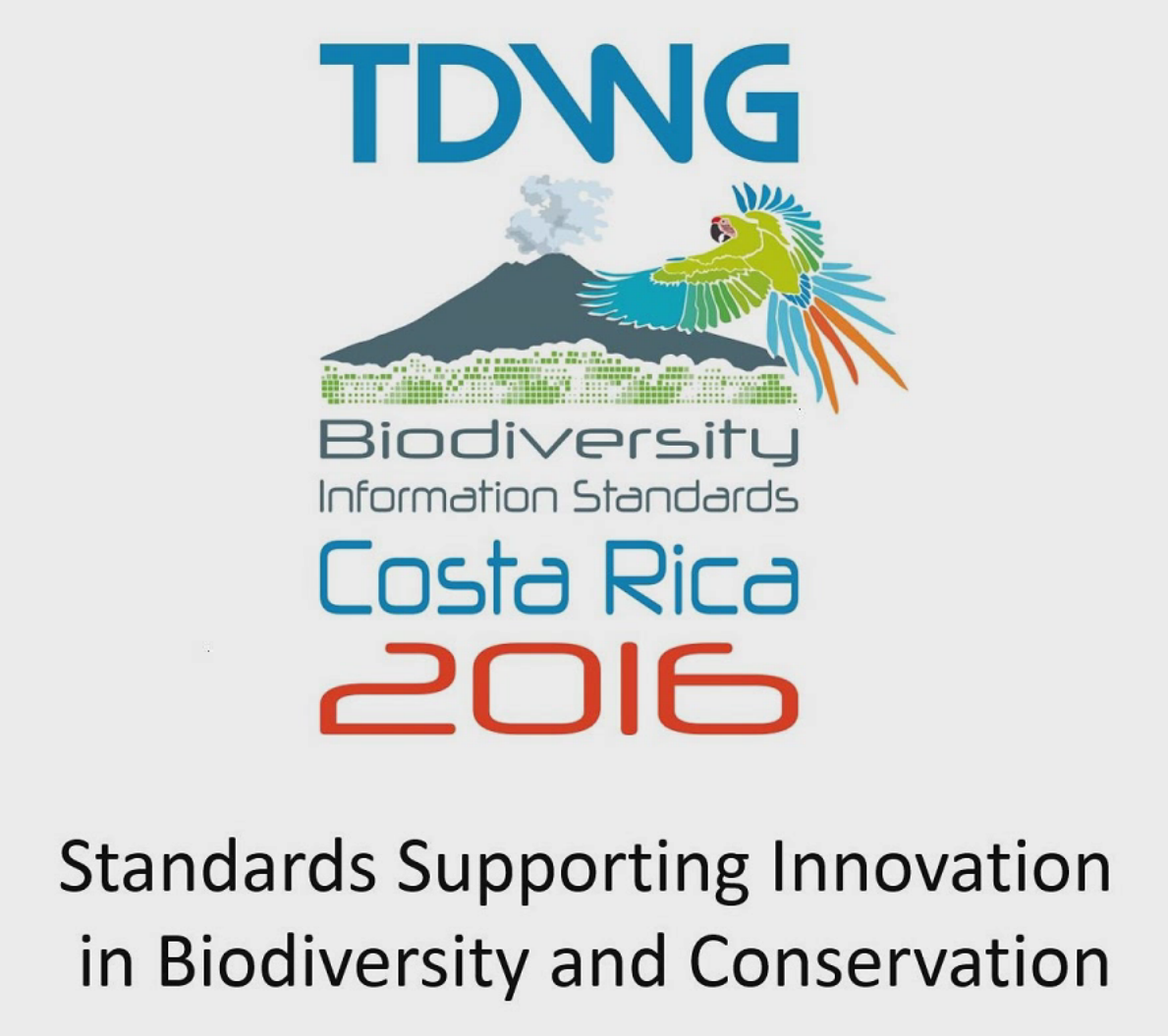 By Deborah Paul, with contributions by Matthew Collins and Alex Thompson
By Deborah Paul, with contributions by Matthew Collins and Alex Thompson
-- Contributed by Vaughn Shirey, The Academy of Natural Sciences of Drexel University
A large portion of my research in The Gelhaus Lab at The Academy of Natural Sciences of Drexel University relies heavily on digitized specimen data and metadata, specifically the who, when, and where of specimen collection. “Big data” research has risen in popularity since high-performance computing has made it easier for researchers to conduct analyses of groups of organisms overnight; however, additional considerations to the use of large datasets should be taken into account. My research focuses on the historical biases present in natural history collection data, including identifying collection bias and gaps in data due to human history. Read more here.
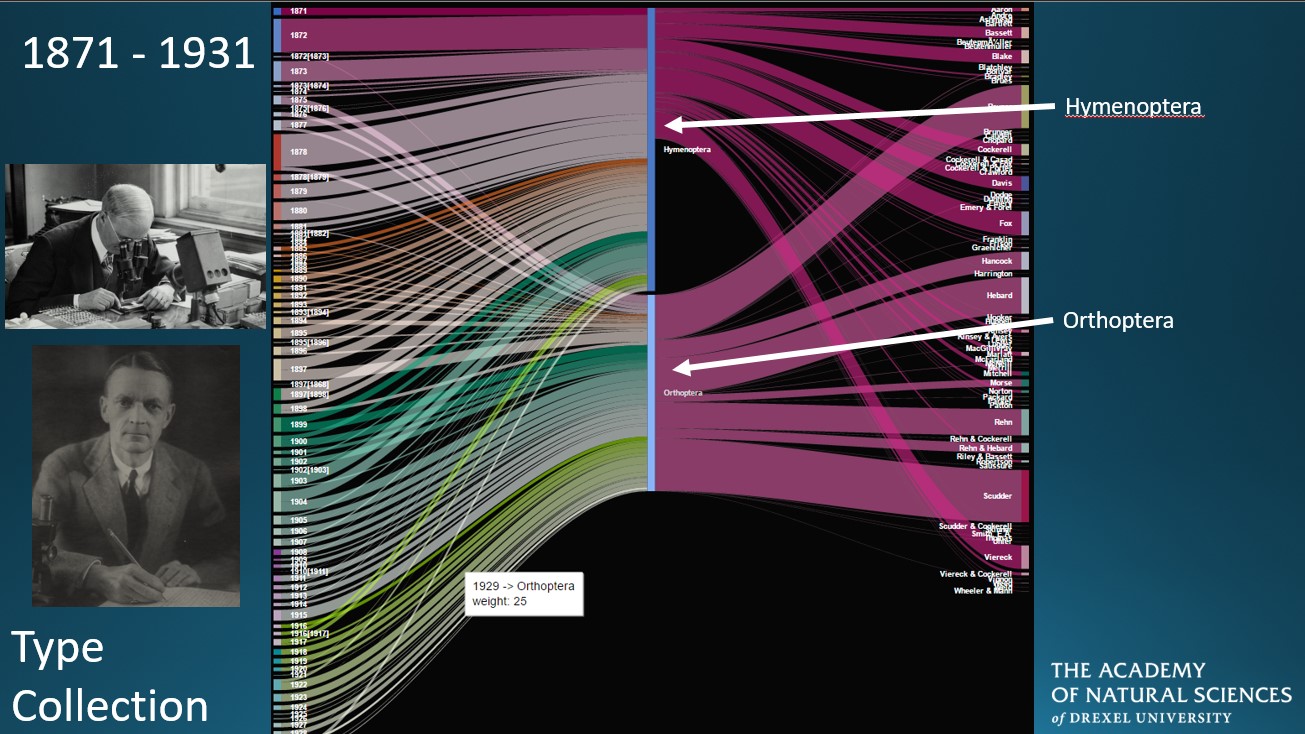
-- Contributed by Chris Evelyn, University of California - Santa Barbara, along with Deborah Paul and Shelley James, iDigBio
This month's Research Spotlight contribution resulted from a recent iDigBio workshop where participants learned the basics of OpenRefine. Finding a limitation to the size of the dataset that could be manipulated, Chris found the following solution to working with large datasets from iDigBio and other biodiversity data aggregators. OpenRefine (formerly Google Refine) is a powerful tool for helping with the cleaning of messy data - ideal for natural history collection managers, data managers, and researchers using biodiversity data alike. Read more here.
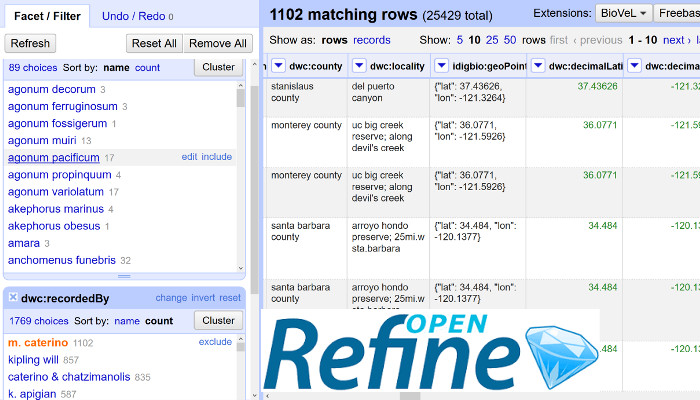
The new GGBN-GGI Awards Program, which provides funding for projects that support the discoverability of new genetic collections through the Global Genome Biodiversity Network's Data Portal. The submission deadline for proposals this year is 1 May 2017. The proposal review committee will consider requests for up to 30,000 USD with clearly articulated budget justifications. All data from funded projects must be made available online on the GGBN Portal before 15 May 2018.
For information on how to apply, please see: http://wiki.ggbn.org/ggbn/Global_Genome_Biodiversity_Network-Global_Genome_Initiative_Awards_Program

Registration and Abstract Submission are now open for the Inaugural Digital Data in Biodiversity Research Conference, 5-6 June 2017, Ann Arbor, Michigan. Conference sponsors include iDigBio, the University of Michigan Museum of Zoology, the University of Michigan Herbarium, and the University of Michigan Museum of Paleontology.
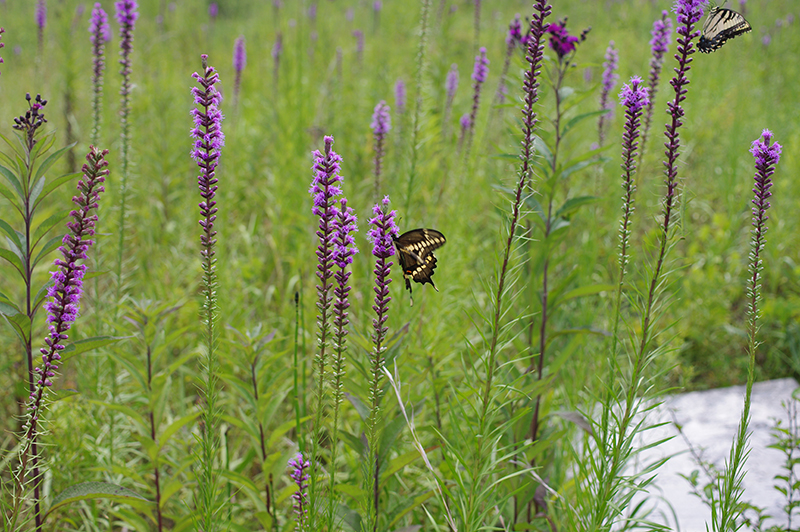
All images courtesy of Heather Cray
The International Association for Plant Taxonomy (IAPT) opens a short round for travel grant applications to attend the International Botanical Congress at Shenzhen (July 2017) and present an oral communication or a poster.
The call will be open only for one week in order to comply with the deadlines for presentation of oral abstracts at the IBC.
Applicants should be students and recipients of an IAPT Research Grant in the last years.
Applications should include an abstract to be presented at the IBC and general information (name of applicant, institution, country, title of the communication, prospective budget)
The application period is open until Jan. 18 2017
Twenty grants are available and the maximum amount for each grant is US$1,000.
The projects are to be submitted to: Dipl.-Ing. Eva Senková Managing Secretary IAPT office@iapt-taxon.org